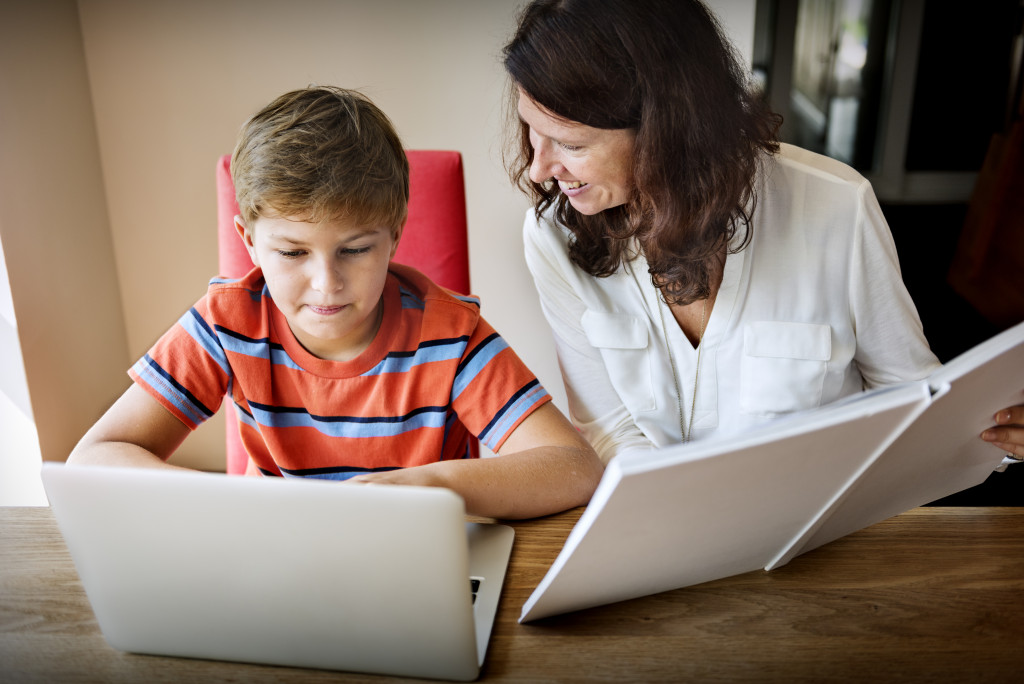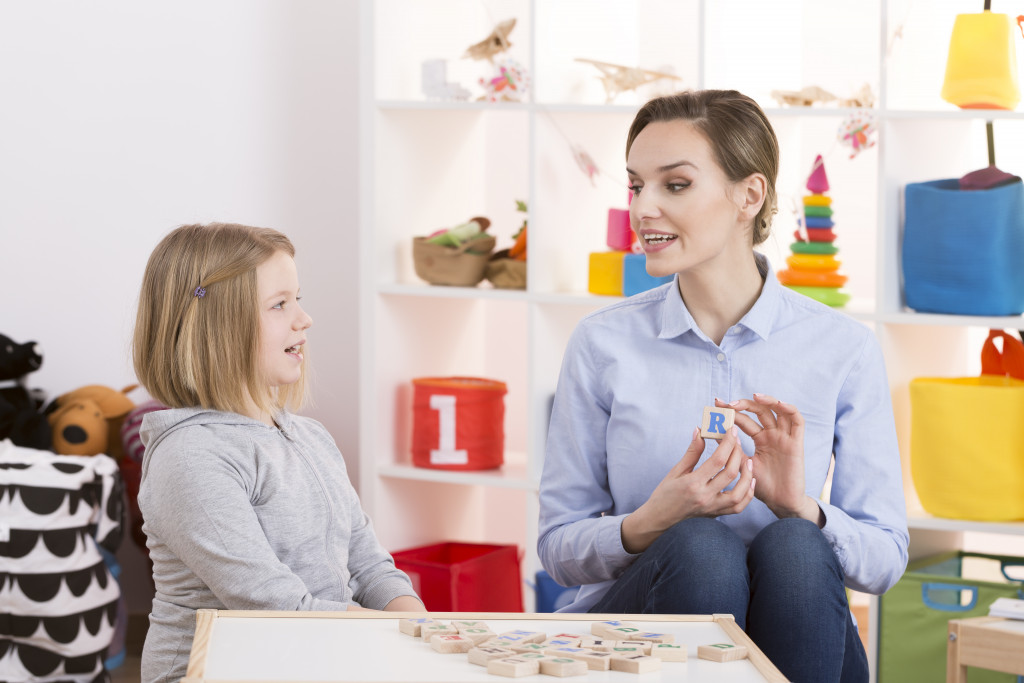In this time of upheaval, students need routine and discipline more than ever. Routines give children a sense of calm and reliability that helps to anchor them when their world feels unstable. The pandemic has taken a toll on everyone. Young children lack the internal resources and experience-honed ability to deal with upheavals of this extent. Thus, teachers need to continue being a source of consistency for their students. Engaging them may be much harder in the virtual classroom, but there are still lessons to be learned and even new skills that students can acquire. School teachers will want to encourage self-learning and collaboration skills in their students.
The development of critical thinking skills and effective time management needed to work collaboratively in the strict time frames of online classes will teach children a more nuanced approach to cooperation and participation. Even skills-based lessons and music lessons such as piano and violin classes can re-focus their efforts on teaching children how to tune their ear and develop their ability to read music. This will come to help them to play better.
Draw Parallels Between the Online Class and the Real World
Use anecdotes, examples, and case studies to engage students with the utility of the classroom lessons in the outside world. Encourage them to interview their parents about skills they learned in university or training seminars that they are putting into use with telecommuting. Young children need to be shown the connection between learning materials and application in order to understand how they can impact them in their life.
Once this connection is made, it will be easier for them to grasp the lessons and retain them.
Tailor Homework to Student Interests
Student interests can be catered to by creating homework assignments that allow them more autonomy or require them to engage in the activity they enjoy. A creative writing assignment that requires them to write a journal from the viewpoint of their favorite video game character will draw their focus better.
A biology project that requires them to observe a common household or garden pest can teach them valuable information while engaging their creativity in naming or reasoning out the insects’ behavior patterns. This can be harder to do with subjects such as mathematics, where the level of creativity required applies mainly to the way the questions are posed. But add an element of creativity by giving bonus problems that will require students to calculate their time spent playing something they enjoy on a given day.
It may be simplistic, but adding the element of something that interests them will help them to understand the material better. In the case that they struggle with the principles or the formulae, using the example of their interest-based question can help the teacher to explain it in terms the student will understand better.

Avoid ‘Dead Time’
Teachers will recognize this term as it has gained more and more visibility as we continue to use the virtual classroom. In a physical classroom, the time a teacher takes to hand out a worksheet or set up a presentation is helpful to students. They can reset their minds, banter with classmates, and check notes or take out books. It is a useful time and helps the students to focus better on the next segment of the lesson.
Sadly, when ‘dead time’ takes place online, it draws the student attention away from the lessons and causes them to tune out. It is much harder to pull together a classroom worth of attention back to the teacher when different students are distracted in their separate homes by a myriad of possible distractions.
Teachers must plan ahead to stave this off by planning low-order and low-risk activities for students to do during these moments. This will allow the teacher to set up lessons or videos at their own pace and will keep students engaged and avoid the distractions of ‘dead time’. Discussions, posing questions about the lesson to a partner, or even a short game of ‘I Spy’ can help to keep students on track and attentive.
These unprecedented times require teachers to take unprecedented measures in ensuring their students receive the maximum benefit of learning opportunities. Consider giving them more responsibility and making them accountable for their learning. Encourage more student presentations over spending time giving lectures.
Allow for group work and collaboration so that students can work together. Many students learn better from working with peers and presenting information. The necessity of appearing before others will make them want to seem knowledgeable and guarantee that they do the readings to avoid embarrassing themselves.
Presentations are also a lot easier on students online as they no longer have to stand in front of a class to deliver them. Using slides or visual content and being seen within the limits of their square will allow students to present more confidently and draw out shy students to participate more actively. It may take some extra effort on the teachers part at first, but helping students to stay on track during such a difficult time of their lives will be well worth the effort.
